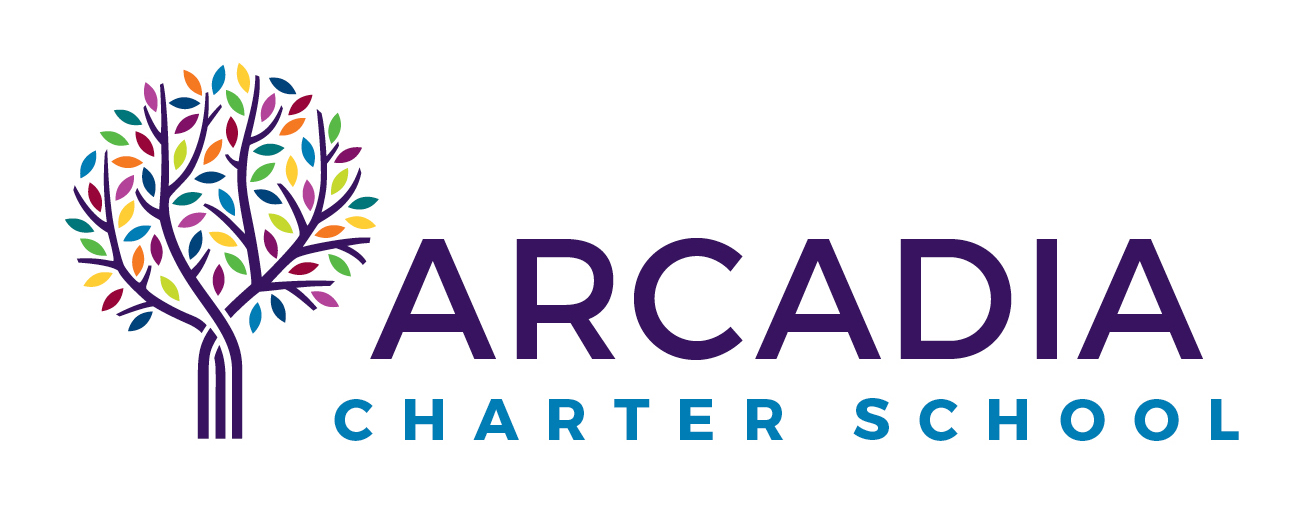It is the mission of Arcadia Charter School to prepare our students to transition intellectually, emotionally, and ethically to higher education, future employment, and engaged citizenship.
Arcadia Charter School envisions a supportive learning community that, through collaboration and student-driven, project-based learning, encourages and assists students to:
- Express themselves creatively through the visual, literary, and performing arts.
- Use technology with innovation, imagination, and responsibility.
- Develop critical thinking and creative problem solving skills.
- Construct knowledge and meaning for themselves.
- Value, advocate, and strive for the wellness of the whole person.
- Be empowered to act as local citizens within a rapidly changing global community.
Project-Based Learning at Arcadia
Project-based learning is an integral part of educational success at Arcadia Charter School. Project-based learning helps each student notice and expand his or her own authentic learning process. The staff of Arcadia Charter School believes that by completing projects students acquire problem solving, communication, planning, and independent learning skills. They develop these skills by collaborating with advisors, mentors, and peers. This inspires the students to become life-long learners and it enhances their abilities to be successful after they graduate from Arcadia.
At the heart of an exemplary Arcadia project is an essential, well-defined project goal or question. The project goal or question must be relevant to the student on a personal level, and may be relevant to others as well. The student should be challenged to make connections between academic disciplines, to people, and to the world around them. The project question or goal must be one that it requires the student to engage in an intentional and thorough course of inquiry and action.
Each step of the project process involves communication and conversation with school staff and, when appropriate, mentors and peers. The student’s first step is to select an interesting topic that is relevant to him or her. Then the student will form an essential question or a goal for the topic, and will propose the project to appropriate staff members. A project proposal form, which serves as a template for deadlines towards project completion, will be used to record comments about the project. Staff members will help the student identify valid research resources and appropriate methods for gathering and organizing information about the topic. They will also help the student acquire any materials that are needed for the project. The student will prepare to demonstrate his or her depth of knowledge in a project finalization once he or she has achieved the project goal or can answer the essential question.
During the project finalization the student will present the outcomes of the project. Project outcomes include the knowledge that was acquired during the project process as well as the achieved goal or the answer to the essential question. The project outcomes also include anything that the student may have created for the project. Ideally, the student will be able to sharehis or herpassion for the topic and will be able to communicate how he or she grew as a person during the project process.


